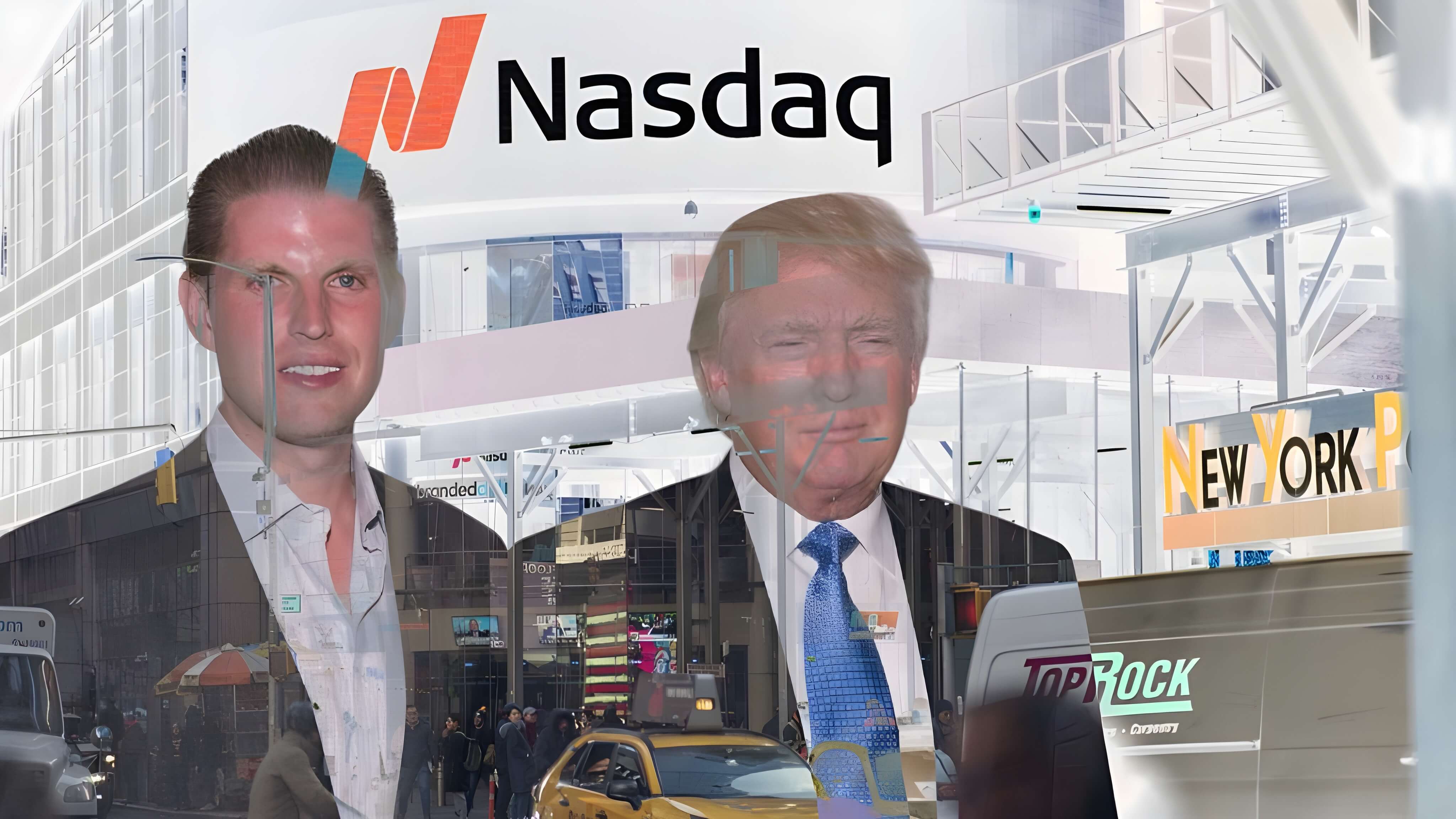American Bitcoin’s Nasdaq Dream Highlights the Dilemma Between Political Ties and Crypto Ventures

In the world of cryptocurrencies, the planned Nasdaq listing of American Bitcoin invites both intrigue and debate. With a unique mixture of business and politics, this bitcoin mining enterprise is partially owned by two of President Donald Trump's sons, bringing their influential name into the digital currency realm. As the firm gears up for its public debut, it exposes a fascinating intersection of innovation and political legacy amid the broader push for legitimacy in the volatile world of digital assets.
The impending listing is noteworthy not only due to the involvement of Donald Trump Jr. and Eric Trump, but also because it unfolds against a backdrop of growing appetite for crypto-related securities. Some see this venture as a strategic step forward for American Bitcoin, a company that emerged in March with ambitions to amass bitcoin reserves. The plan is to mine the cryptocurrency while also acquiring it outright for its balance sheet. Thus, the public listing could be interpreted as a signal of confidence, suggesting that crypto miners are eager to leverage equity markets to harness fresh capital.
From a business standpoint, the potential listing is a savvy maneuver. Hut 8, which holds the lion's share of ownership, aims to strengthen its position as a pivotal player in North America's mining landscape. Genoot, the CEO of Hut 8, points out that this public offering could potentially open doors for partnerships beyond American shores, thus bringing in foreign investments through regulated entities.
Yet, the scenario presents challenges and questions. While the company stands positioned on the cusp of broadening its influence, critics might view this as an extension of familial political power into an area marked by often uncharted policymaking waters. They argue that coupling the Trump name with the burgeoning crypto domain might warp public perception, viewing the endeavor less as a business venture and more as a politically motivated move.
On the flip side, supporters argue that connecting prominent names with the crypto industry could spur further validation and attract a wider range of investors. The involvement of a high-profile family could shine a brighter spotlight on the nascent industry, pulling it from the fringes to the forefront of financial markets.
Nonetheless, the forthcoming listing is not devoid of hurdles. The global crypto environment is under constant flux, driven by fluctuating energy prices and tightening regulatory measures, which could impact the profitability of such ventures. Investors remain wary, questioning whether political affiliations could sway the strategic directions of a company inherently reliant on decentralization and neutrality.
For Toronto-based Hut 8, this listing provides another opportunity to bolster its critical role in North America's crypto-mining ecosystem. Meanwhile, the Trump family's venture into the crypto space adds yet another layer of complexity and curiosity, where questions of influence, legitimacy, and financial pragmatism converge. As American Bitcoin heads toward its anticipated Nasdaq debut, the clash between established political names and the cutting-edge world of cryptocurrencies underscores a compelling narrative of what’s possible when politics and innovation intersect.

